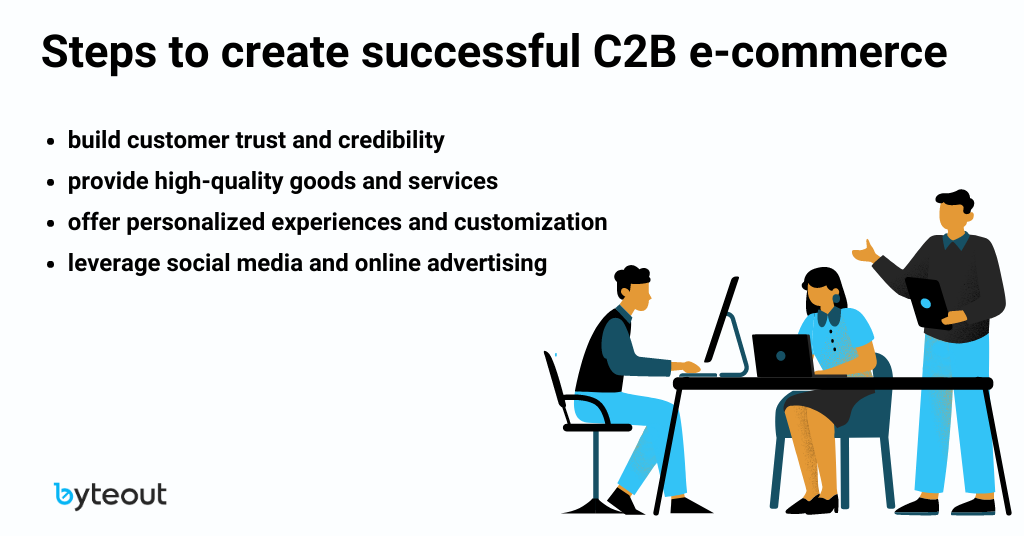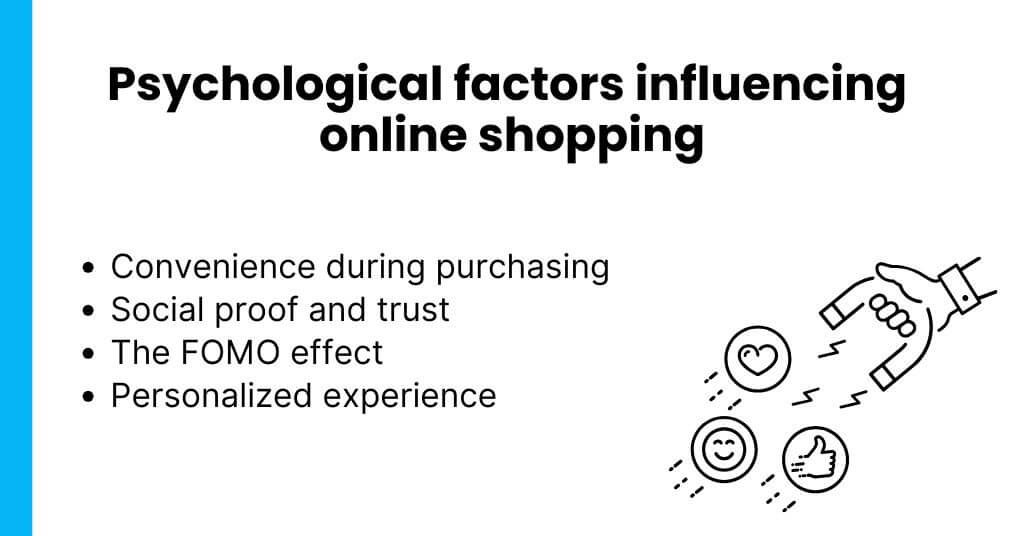
SEO showdown: Is WordPress or Shopify better for SEO?
When it comes to building an online store, one of the most critical considerations is search engine optimization (SEO). A well-optimized site can significantly improve your visibility on search engines like Google, driving more organic traffic to your site.
Among the many ecommerce platforms available, WordPress and Shopify are two of the most popular. But the burning question is, “Is WordPress or Shopify better for SEO?”
Table of Contents
Why do you need it – SEO basics
Before we jump into comparing WordPress and Shopify, it’s essential to understand some basic SEO principles. SEO involves optimizing your website to rank higher in search engine results pages (SERPs). The main components of SEO include keyword research, on-page optimization, technical SEO, and link building. Effective SEO helps search engines understand your content, making it easier for potential customers to find you online.
One of the first things to consider is how well a platform supports these SEO components. Some platforms offer more flexibility and control over your SEO settings, while others might have more built-in features to help you optimize your site.
So, is WordPress or Shopify better for SEO? Let’s explore their strengths and weaknesses to find out.
WordPress: Full flexibility and control
WordPress is renowned for its flexibility and extensive customization options, which extend to SEO capabilities. As a content management system (CMS), WordPress offers a strong foundation for creating a wide variety of websites. When paired with WooCommerce, its dedicated ecommerce plugin, WordPress transforms into a powerful platform for online stores. In this comparison, we’ll see how WooCommerce stacks up against Shopify in terms of SEO.
SEO plugins
One of WordPress’s most significant advantages is the availability of SEO plugins like Yoast SEO. These plugins provide detailed guidance and tools for optimizing your site’s content, meta tags, and other SEO elements. They also offer features like XML sitemap generation, breadcrumbs, and more, making it easier to improve your site’s search engine visibility.
Customization and control
WordPress gives you complete control over your website’s code, which means you can fine-tune your site’s SEO to your heart’s content. This flexibility allows you to implement advanced SEO techniques that might not be possible with more rigid platforms. With WooCommerce, you can customize everything from product pages to checkout processes, ensuring that your ecommerce site is perfectly tailored to your needs.
Content management
WordPress started as a blogging platform, so it’s no surprise that it excels in content management. Publishing regular blog posts can significantly boost your SEO efforts, and WordPress makes it easy to manage and organize your content effectively. This strong content management capability integrates seamlessly with WooCommerce, allowing you to create rich, SEO-friendly product descriptions, category pages, and blog posts that drive traffic to your store.
However, the flexibility of WordPress and WooCommerce comes with a steep learning curve. Optimizing your site requires more technical knowledge and effort than more user-friendly platforms. So, while WordPress offers robust SEO capabilities, it might not be the best choice for those without technical expertise.
We have so much experience with this topic, feel free to contact us to help you.
Shopify: Built-in SEO features
Shopify, on the other hand, is a dedicated ecommerce platform designed to make setting up and managing an online store as straightforward as possible. But how does it fare in the SEO showdown? Is WordPress or Shopify better for SEO in the context of ease of use and built-in features?
User-friendly interface
One of Shopify’s biggest selling points is its user-friendly interface. It simplifies many aspects of SEO, making it accessible even to those with limited technical knowledge. Shopify automatically generates a sitemap and offers basic SEO settings like title tags, meta descriptions, and alt text for images.
Speed and performance
Page speed is a crucial factor for SEO, and Shopify excels in this area. Shopify’s infrastructure is optimized for fast loading times, which can help improve your search engine rankings. Additionally, Shopify takes care of hosting and security, reducing the burden on store owners.
Mobile optimization
With the increasing number of users accessing websites via mobile devices, mobile optimization is more important than ever. Shopify’s themes are fully responsive, ensuring that your site looks and performs well on all devices. This mobile-friendliness is a significant advantage for SEO.
While Shopify offers excellent built-in SEO features and ease of use, it lacks the same level of customization and control that WordPress provides. This limitation might be a drawback for those looking to implement more advanced SEO strategies.
- Trust & creative strategy: what still wins in DTC marketing
- Ecommerce website accessibility: The hidden revenue loss
- How to scale Amazon brand off Amazon
- Combining Amazon with Shopify: The Better & Better story
- The Amazon Ranking Strategy That Works in 2025
So, is WordPress or Shopify better for SEO?
The answer depends largely on your specific needs and level of expertise.
For those who value customization and have the technical know-how, WordPress is a fantastic choice. Its extensive range of plugins and flexibility allows for highly detailed and advanced SEO strategies. If you’re willing to invest the time and effort, WordPress can offer unparalleled control over your site’s SEO.
For those who prefer ease of use and built-in features, Shopify is the way to go. Shopify’s user-friendly interface and robust built-in SEO features make it an excellent option for those who want a more straightforward solution. It’s especially suitable for small business owners who might not have the technical skills or resources to manage a more complex platform like WordPress.
But, the choice between WordPress and Shopify for SEO comes down to your individual needs and capabilities. By understanding the strengths and weaknesses of each platform, you can make an informed decision that best supports your business’s growth and online visibility.
You need help in making the right choice? We can help you with it.

Your Amazon store needs a partner
We build and grow your Shopify DTC business together with Amazon.
Find out how to own your audience and not depend only on Amazon high fees.
Author: Dusan Popovic
Our ecommerce nerds recommend reading

Best Amazon FBA course: Top picks for 2025

Connect Shopify to Amazon: Step-by-step in 2025

C2B e-commerce


